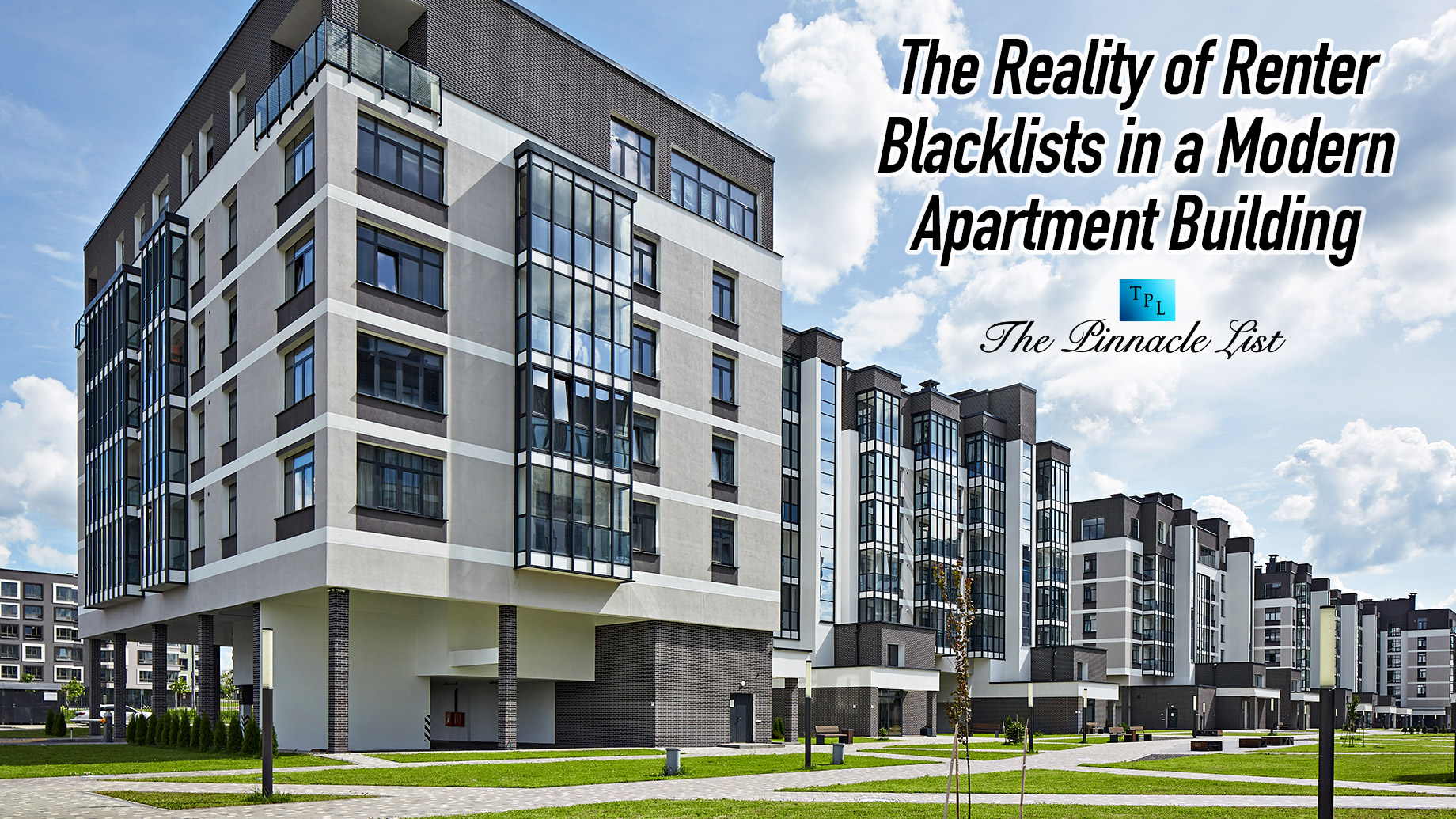
Have you ever wondered what happens when renters fall out of favor with landlords? In today’s modern apartment building, renter blacklists are a growing reality.
These lists can affect your ability to secure future rentals, even if you’ve been a responsible tenant. Missed payments, disputes, or minor rule violations can put your name on these lists, making renting more difficult.
But how common are these blacklists? More importantly, how can you avoid ending up on one?
Let’s dive into the reality of tenant screening in modern apartment buildings. Keep on reading!
What Are Renter Blacklists?
Landlords and property management companies keep unofficial lists of renters who may be a risk because of their rental history. These lists are called “renter blacklists.”
These lists can be made based on many things, like late payments, breaking the lease, or problems with previous landlords. Even though not all landlords use them, having these kinds of lists is now common in many cities, especially where rental markets are competitive.
How Do Renter Blacklists Work?
If you want to rent an apartment, landlords will often do background checks on you. These checks may include credit checks and getting references from previous landlords. Having your name on a “blacklist” can cause your application to be turned down, no matter how much money you have.
The Impact of Renter Blacklists
If you get on a blacklist, it might be hard for you to rent in the future. Getting a new apartment can be hard once your name is on a list, especially if you want to live in a modern building with a lot of other people. A lot of landlords want tenants with good rental histories, so it’s important to know how blacklists can affect your chances of getting a rental.
Protecting Yourself from Blacklists
To avoid being added to a blacklist, it’s crucial to maintain a positive relationship with your landlord. Pay your rent on time, communicate openly about any issues, and be respectful of the property.
If you do encounter a dispute, try to resolve it amicably. Additionally, consider checking resources like the Ontario bad tenant list to see if your name has been reported and address any concerns proactively.
What to Do if You’re Blacklisted
If you find out that you’re on a blacklist, you need to act right away. Talk to the landlord or the company that manages the property about what’s going on.
Mistakes or misunderstandings can sometimes be cleared up with a simple talk. If you think the information on the blacklist is wrong, ask for proof and, if necessary, think about getting legal help.
Understanding Your Rights as a Renter
It’s important to know that renters have tenant rights. In many jurisdictions, landlords are required to inform you if you’ve been denied housing based on a blacklist. Familiarizing yourself with local tenant laws can empower you to take action if you feel you’ve been unfairly treated.
Navigating Renter Challenges in a Modern Apartment Building
Knowing what renter blacklists are really about is important for anyone wanting to rent a modern apartment building in the 21st century. The chance of getting blacklisted is greatly lowered if you keep good rental records and communicate openly with landlords.
Understanding your rights as a tenant gives you the power to deal with problems in a good way. Don’t be reactive when managing your rental relationships.
Carefully looking around, you can find a place to call home. Avoid letting blacklists affect your future rental experiences.